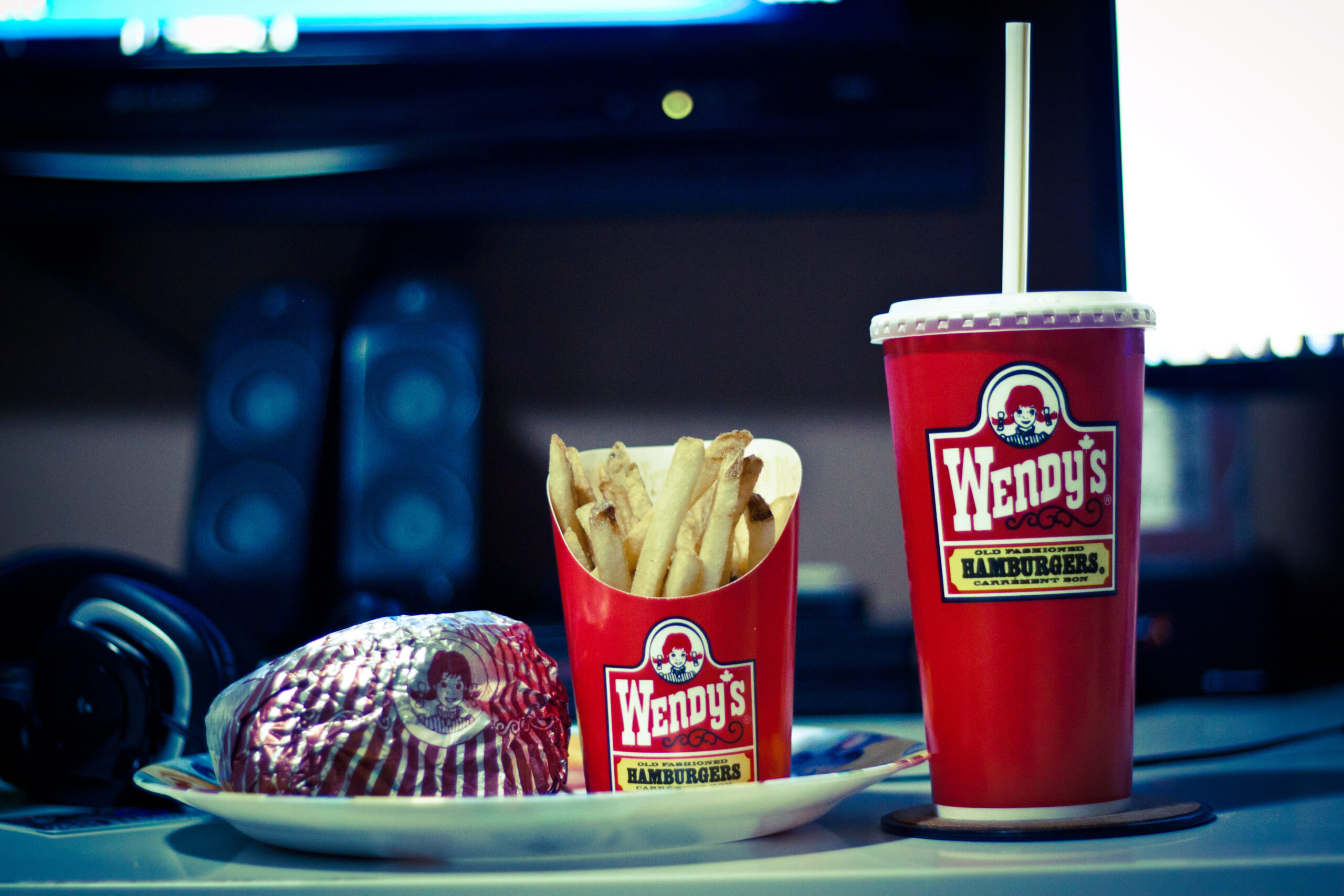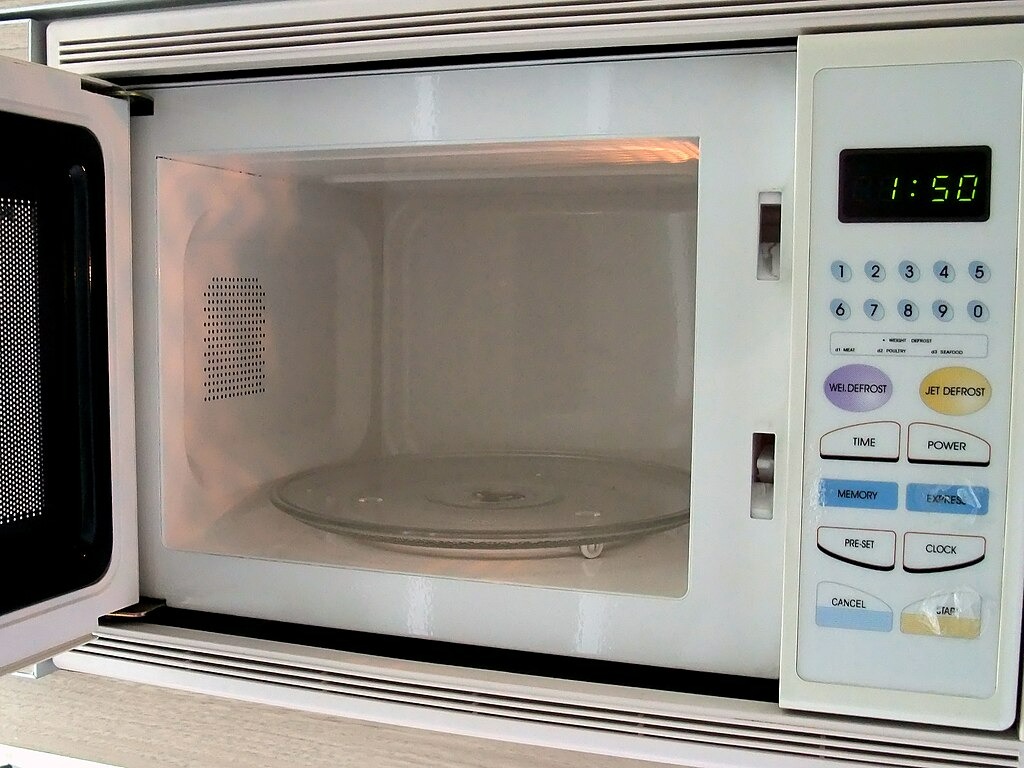Neon lights flicker over drive-thru windows where America’s most calorie-dense meals await hungry customers. Recent nutritional analysis reveals which chains serve the most problematic combinations of calories, sodium, and sugar—meals that can overwhelm daily recommended limits before the last bite disappears.
The Nutritional Nightmare Leaders
Wendy’s claims the dubious honor of serving America’s most nutritionally problematic fast food, according to World Atlas’ recent evaluation. The chain’s hefty burgers paired with large fries create calorie bombs that can eclipse daily limits in one sitting. Close behind, Burger King delivers combo meals that routinely hit 1,200-1,800 calories, transforming lunch into a day’s worth of energy consumption.
Dairy Queen earns third place through its signature Blizzards, where a Large OREO version packs 1,050 calories and 39 grams of fat. The chain’s dessert-forward menu creates sugar-laden meals that blur the line between dinner and indulgence.
Customizable options at Taco Bell can spiral into high-calorie, high-sodium disasters when loaded with cheese, sour cream, and extra meat. Meanwhile, Chick-fil-A‘s reputation for quality doesn’t shield it from nutritional scrutiny—their fried chicken sandwiches and waffle fries push combo totals beyond 800 calories before adding milkshakes or sweet drinks.
The Supporting Cast of Excess
Jack in the Box builds oversized burgers that can exceed 1,200 calories per meal, while KFC combines fried chicken with calorie-dense sides like biscuits and mac and cheese. Sonic serves burgers approaching 1,000 calories, with desserts like the Blast containing up to 126 grams of sugar in large servings.
Even McDonald’s iconic Big Mac combo can reach 1,400+ calories with 55 grams of fat, before factoring in McFlurry desserts that add another 500 calories and 60 grams of sugar. Dunkin’ rounds out the list with frozen chocolate drinks containing 890 calories and 158 grams of sugar.
The Reality Check
These nutritional landmines reflect portion sizes that have expanded beyond reasonable limits, aggressive combo pricing that encourages overconsumption, and menu strategies built around cheese, bacon, and sugar-heavy additions. Health experts consistently warn that regular consumption of these meals increases risks for obesity, heart disease, and diabetes.
Smart navigation requires scrutinizing nutrition facts, customizing orders by skipping heavy sauces and cheese, and recognizing that convenience often comes with hidden health costs. The occasional indulgence won’t derail a balanced diet, but these chains demand mindful choices from consumers seeking both flavor and wellness.


















